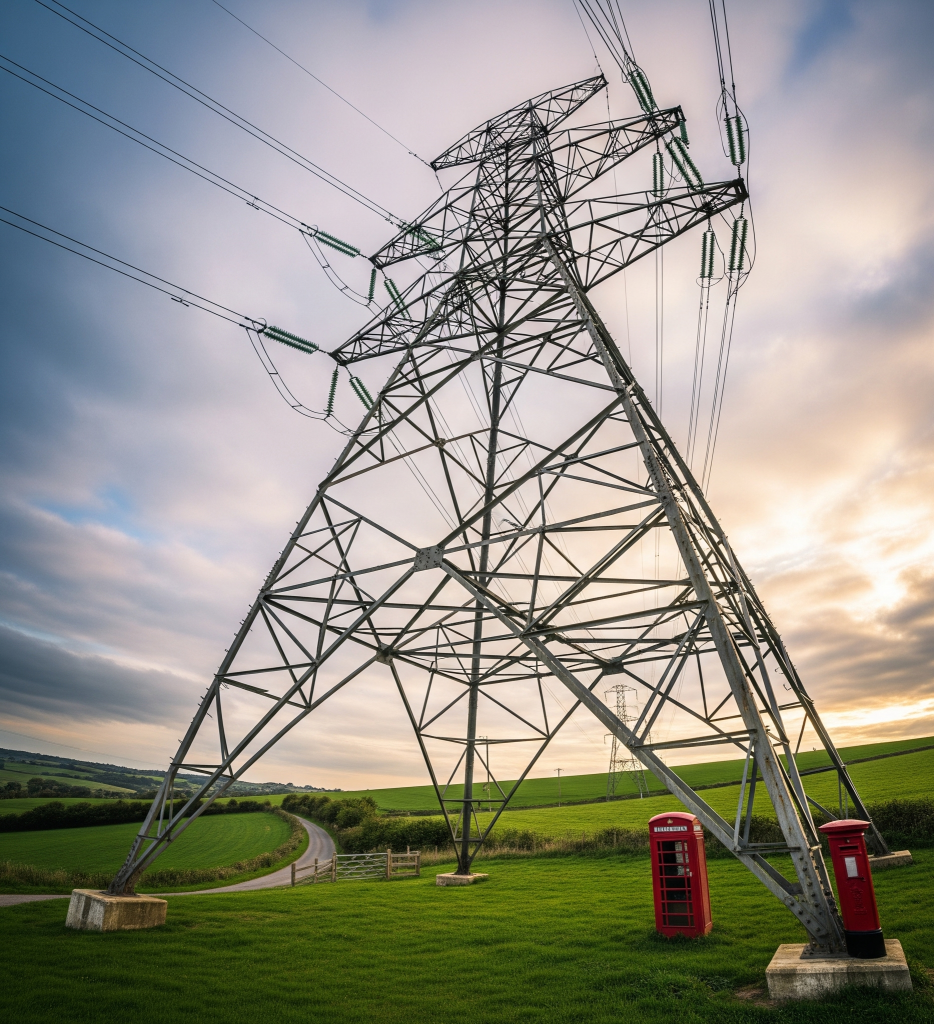The UK has awarded contracts for nine offshore wind farm projects, significantly enhancing its renewable energy capacity. These developments will help power millions of homes and support the nation’s ambitious net-zero goals.
1. Major Investment in Offshore Wind
Following a failed auction last year, the government has taken a significant step by awarding these contracts, which are part of a broader slate of green energy initiatives, including tidal and solar power. Together, these projects will generate enough electricity to power approximately 11 million UK homes.
2. Capacity and Future Projects
On Tuesday, 131 contracts were awarded, collectively generating 9.6 gigawatts (GWs) of renewable energy. Notably, this includes Europe’s future largest and second-largest wind farms, Hornsea 3 and Hornsea 4, set to be constructed off the Yorkshire coast by Ørsted, a major Danish energy firm.
3. Recovery from Setbacks
Keith Anderson, CEO of Scottish Power, expressed optimism, stating that offshore wind is “back on track after last year’s setback.” He emphasized that these projects will foster investment in UK manufacturing and help meet essential decarbonization targets. Scottish Power’s parent company, Iberdrola, is also expanding its East Anglia offshore wind farm project.
4. Ambitious Renewable Energy Targets
The Labour government aims to produce 60 GW of energy through offshore wind farms by 2030. The newly announced projects will contribute 4.9 GW, but experts caution that this still falls short of the pace needed to achieve the government’s ambitious targets.
5. Urgency for Future Auctions
Pranav Menon, a research associate at Aurora Energy Research, indicated that the next auction in 2025 will be critical for securing enough capacity before 2030. An additional 31 GW is necessary to meet the target of 60 GW for offshore wind.
6. Criticism of Current Strategy
Campaign group Greenpeace has raised concerns, stating that the government needs to reassess its approach. Ami McCarthy, a political campaigner for Greenpeace UK, noted that while 5 GW of offshore wind is welcome, it represents only half of what is required annually to meet the 2030 target. She referred to the last renewables contract auction as “the biggest disaster for clean energy in almost a decade.”
7. Government Response
Energy Secretary Ed Miliband acknowledged that the new government inherited a “broken energy policy” but asserted that the recent auction results demonstrate a renewed commitment to securing investment in the UK energy sector. He described the auction as a “significant step forward” in achieving energy independence and reducing costs for consumers.
8. Rising Energy Bills
Despite these advancements in renewable energy, households are facing higher energy bills. The energy regulator Ofgem has lifted the price cap, leading to an increase of £149 in the average annual energy bill. Starting in October, households using an average amount of gas and electricity will pay approximately £1,717 a year.
Conclusion
The awarding of contracts for nine offshore wind farm projects marks a significant advancement for the UK’s renewable energy sector, enhancing its capacity to generate clean energy. These projects are expected to contribute substantially to the nation’s energy mix, supporting the government’s ambitious net-zero goals. However, despite this positive development, several challenges remain.
The government must act swiftly and strategically to ensure it meets its 2030 targets for renewable energy production, which aim to achieve 60 GW of energy from offshore wind farms. Additionally, rising energy costs are a pressing concern for consumers, with household bills expected to increase significantly. As millions of households grapple with higher expenses, addressing affordability while transitioning to greener energy sources becomes essential.
The path to a sustainable energy future requires a coordinated effort from both the government and the energy industry. Collaboration is crucial in fostering innovation and investment in renewable technologies while ensuring that energy remains accessible and affordable for all citizens. By working together, stakeholders can overcome current obstacles and create a more resilient energy landscape that not only meets environmental targets but also supports economic stability and consumer well-being in the long term.
Do follow https://orsted.co.uk/energy-solutions/offshore-wind/our-wind-farms
Visit our website https://utility7.com/

